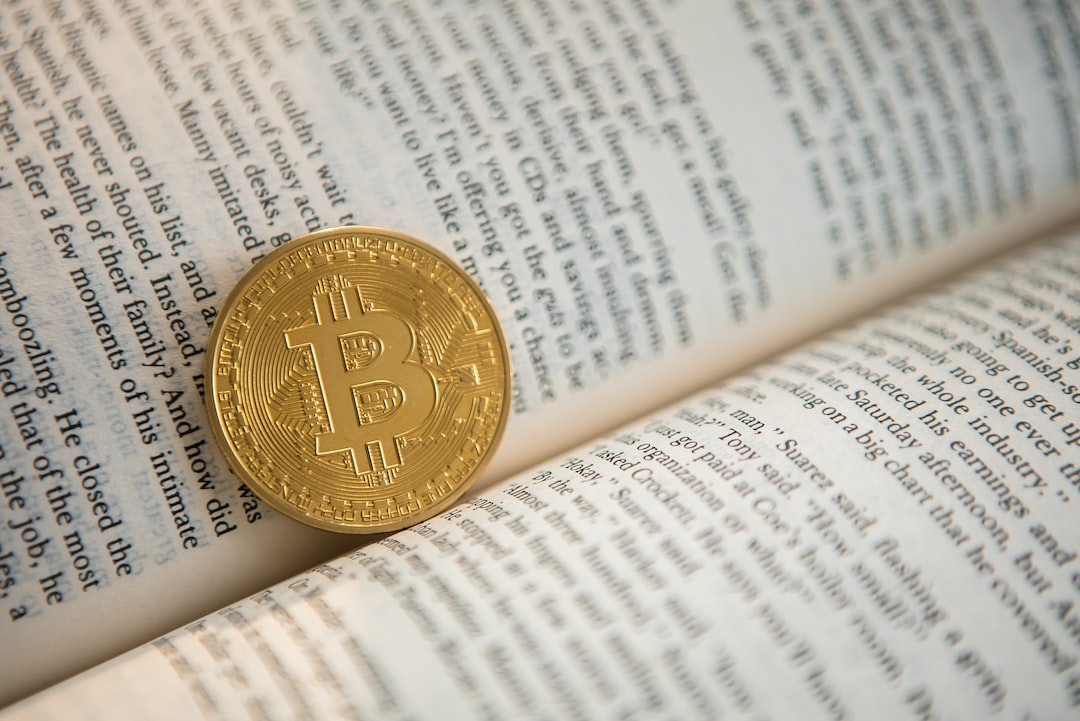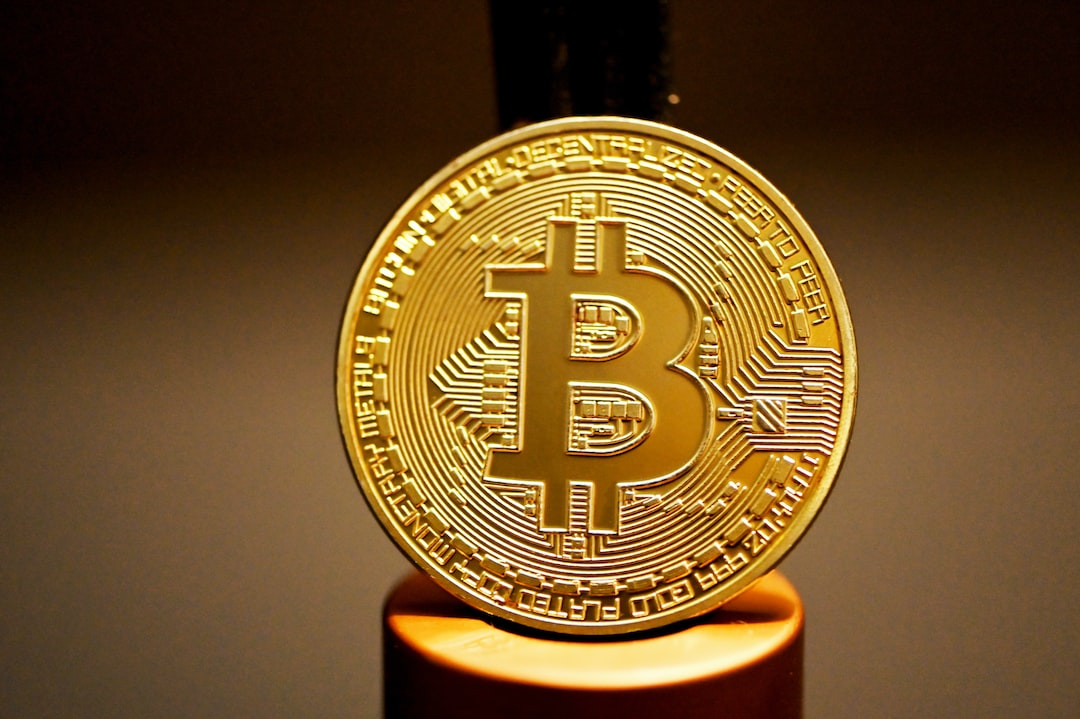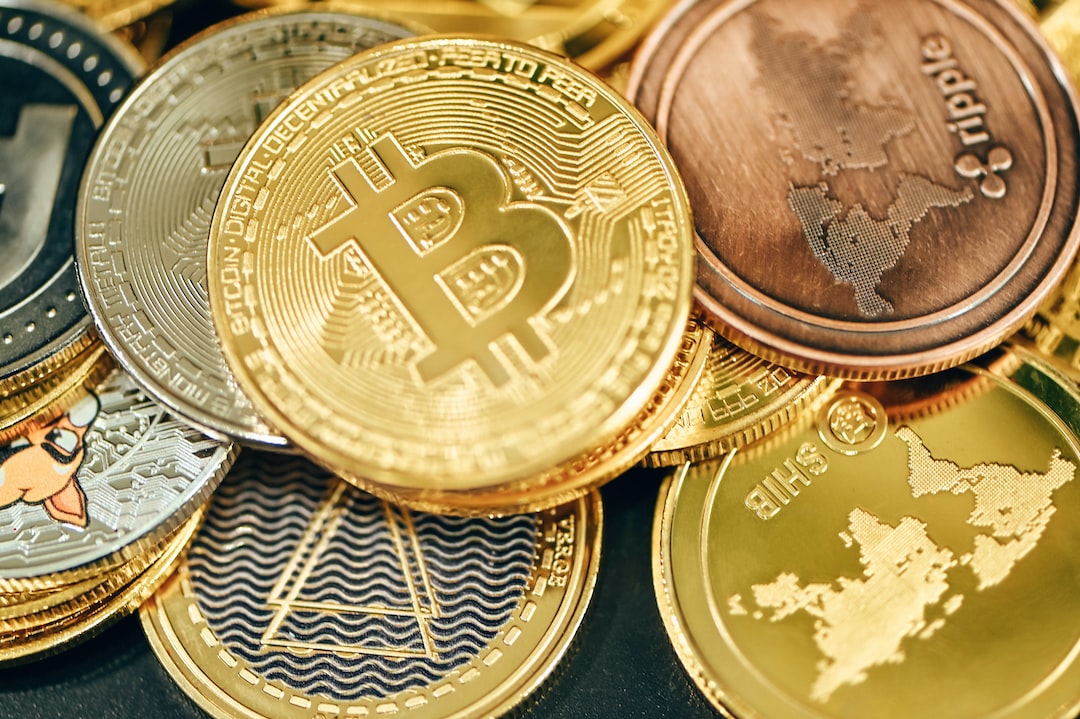Elevated Financial Cushion For Consumer Protection
South Korea is implementing new regulations for native crypto exchanges, requiring them to maintain a minimum reserve of 3 billion won. This move is aimed at safeguarding consumer interests and ensuring that exchanges can handle financial duress or liabilities. By imposing this requirement, South Korean authorities are anticipating the growth of the sector and prioritizing user trust and security.
Guidelines for Exchanges
Major exchanges like Upbit and Bithumb are preparing to meet the new requirements. The guidelines released by the Korea Federation of Banks emphasize the need for exchanges to allocate a certain percentage of their daily average deposits or a fixed amount in reserves. This strategic reserve will enable exchanges to fulfill their liabilities to users in case of unforeseen risks or liabilities. However, the reserve funds should not exceed 20 billion won.
Building Trust in Crypto Infrastructure
By ensuring that exchanges maintain substantial financial reserves, the potential for a crisis that negatively impacts users is significantly reduced. South Korea has also recently approved new laws to enhance safeguards for cryptocurrency investors, granting regulatory jurisdiction to the Financial Services Commission and the Bank of Korea.
Regulating Crypto from a Traditional Finance Perspective
The new legislation has empowered authorities to impose sanctions on inequitable virtual asset transactions. However, some experts believe that the current regulatory framework still views crypto from a traditional finance perspective and may not fully address the unique aspects of the crypto industry.
XRP as the Top Altcoin Choice
A recent study shows that a significant percentage of South Korean GenZ individuals in their 20s are investing in altcoins, with XRP emerging as the top choice. Approximately 20.7% of these young investors consider XRP as their preferred altcoin investment option.
Hot Take
South Korea’s efforts to tighten regulations and enhance safeguards in the crypto industry demonstrate the country’s commitment to protecting consumers and building trust in the sector. By imposing financial reserve requirements on exchanges, South Korea aims to mitigate risks and ensure the stability of the crypto market. The growing interest in altcoins, particularly XRP, among young South Korean investors further highlights the potential and popularity of cryptocurrencies in the country.





 By
By
 By
By
 By
By
 By
By

 By
By